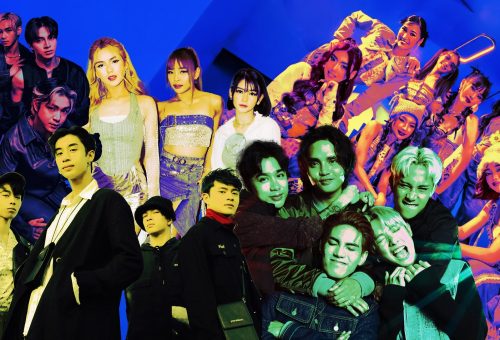The concept of luxury is not a fixed standard but rather a subjective experience that varies from person to person. What may be considered a luxury to one individual may not hold the same value or significance to another. This notion underscores the relativity of luxury, which is influenced by factors such as personal preferences, cultural background, and socioeconomic status.
For some, luxury may be synonymous with opulence and extravagance, such as owning a yacht, staying in a five-star hotel suite, or wearing designer clothing and accessories. These material possessions are often associated with status and prestige, representing the pinnacle of indulgence and excess. However, for others, luxury may manifest in simpler pleasures, such as spending quality time with loved ones, enjoying a leisurely stroll in nature, or savoring a homemade meal prepared with care and attention to detail.
Cultural influences also play a significant role in shaping perceptions of luxury. What is considered luxurious in one culture may not be viewed in the same light in another. For example, in some cultures, owning a large, spacious home with a meticulously landscaped garden may be highly prized, while in others, living in a modest, minimalist dwelling surrounded by nature may be the epitome of luxury.
Furthermore, socioeconomic factors influence how individuals perceive and attain luxury. For those with considerable wealth and resources, luxury may be readily accessible in the form of expensive possessions, exclusive experiences, and elite privileges. However, for those with more limited means, luxury may require creativity, resourcefulness, and the ability to find value and satisfaction in the simple pleasures of life.
Ultimately, the relativity of luxury reminds us that true luxury is not solely defined by material wealth or possessions but by the sense of fulfillment, contentment, and well-being that it brings. It is about finding joy and appreciation in the experiences, relationships, and moments that enrich our lives, regardless of their outward appearance or monetary value.
In a world where consumerism often equates luxury with excess and extravagance, embracing the relativity of luxury invites us to redefine our priorities, reassess our values, and cultivate a deeper appreciation for the richness and diversity of human experience. Whether it’s the feeling of warmth from a heartfelt gesture, the beauty of a breathtaking sunset, or the comfort of a loving embrace, true luxury is found in the moments that touch our hearts and souls, reminding us of the true abundance and richness of life.











